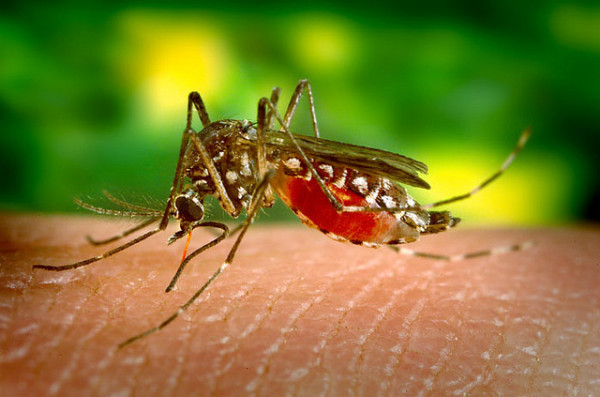On February 1st of this year, the World Health Organization (WHO) declared that the Zika virus was considered as a Public Health Emergency of International Concern (PHEIC). Reports of a startling rise in birth defects and neurological disorders following the occurrence of large Zika outbreaks in French Polynesia in 2013 and Brazil in 2015 sparked further investigation.
So what is Zika? Zika virus disease is mostly spread through the bites of the Aedes mosquito, the same mosquito that spreads other tropical fevers such as dengue and chikungunya. Common symptoms include fever, rash, joint pain, and conjunctivitis (better known as pinkeye). The symptoms are generally not life threatening and usually don’t last for more than a week. Only 1 in 5 people actually show symptoms, so people might not know that they’re infected.
It is the asymptomatic nature of the virus that makes it so dangerous. Zika may be pretty mild for most of the population, but it’s particularly dangerous for women are who are pregnant or looking to become pregnant. Pregnant women can pass the virus onto the fetus, and sexual transmission from male partners is possible. More and more research has confirmed the link between viral infection during pregnancy with microcephaly, in which a baby’s head is abnormally smaller than expected. Links to Zika with other neurological conditions and defects such as Guillain-Barré Syndrome, in which your immune cells target parts of the nervous system, have also arisen.
Image Source: Mario Tama
As of mid-April 2016, 42 countries are experiencing active Zika outbreaks. The United States has had 388 cases, although all of these were associated with traveling to areas with Zika transmission. The United States Congress has agreed to allot $1.1 billion to fight Zika. There is a lot of promising research being done to try and find a vaccine, but there is still no medicine for Zika. The CDC recommends rest, fluids, and certain pain relievers to ease symptoms, much like getting over a bad flu. The best way to prevent Zika infection is actually pretty simple: try to avoid mosquito bites. Pregnant women are also advised to avoid traveling to areas with known Zika outbreaks.
Feature Image Source: jentavery










